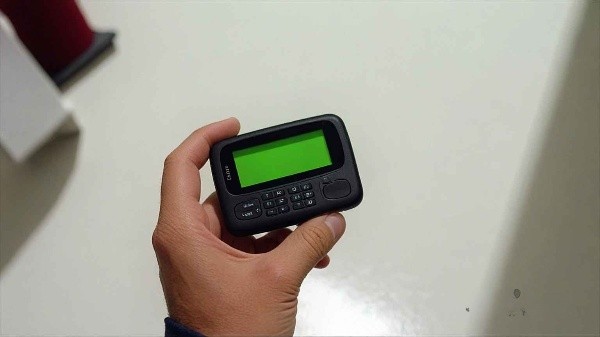The Death of Hamas Leader Yahya Sinwar: What We Know So Far
Israel and the US claim intelligence provided Sinwar’s whereabouts, but this is doubtful.
Loading...

Localised explosions across Lebanon open a new chapter in one of the region’s most established conflicts.
Overview of the Incident
In a shocking turn of events, hundreds of pagers belonging to the Lebanese militant group Hezbollah exploded simultaneously across Lebanon. The explosions, which began around 4:45 PM and lasted for approximately an hour, have resulted in at least nine fatalities and around 2,750 injuries, according to reports from security services and the Lebanese health minister. Among the deceased is an eight-year-old girl, and the son of Hezbollah MP Ali Ammar has also been confirmed dead. The Lebanese Health Minister, Firass Abiad, reported that over 200 of the injured are in critical condition, with injuries primarily affecting the face, hands, and stomach. Notably, Iran’s ambassador to Lebanon, Mojtaba Amani, was also injured in the blasts.
Understanding Pagers and Their Use
Pagers, small communication devices that were widely used before the advent of mobile phones, display short text messages relayed through a central operator. Unlike mobile phones, which rely on internet connectivity, pagers operate on radio waves, making them less susceptible to monitoring. This characteristic has made them a preferred choice for groups like Hezbollah, where secure and mobile communication is essential.
Speculations Surrounding the Explosions
The cause of the explosions remains unclear, but speculation has arisen regarding the possibility of a cyber attack. Analysts suggest that the radio network used by the pagers may have been hacked, triggering a response in the devices. Data analyst Ralph Baydoun posits that the explosions targeted specific Hezbollah members, allowing potential intelligence gathering by the attackers. He speculates that if satellites were monitoring the situation, they could pinpoint the locations of operatives at the time of the explosions.
Former British army officer Hamish de Bretton-Gordon also raised the possibility that the pagers were tampered with during their supply chain, suggesting they could have been wired to explode on command. This theory highlights the vulnerability of even seemingly secure communication devices.
The Role of Israel
In the aftermath of the explosions, many, including Hezbollah, have pointed fingers at Israel. The two entities have been engaged in a low-level exchange of fire along the Lebanon-Israel border since the onset of the recent conflict, which was ignited by Hamas-led attacks on Israel. Israeli officials have hinted at potential military action against Hezbollah to push the group back from the border, aiming to facilitate the return of approximately 60,000 Israelis evacuated during the crisis.
Hezbollah has issued a statement holding Israel fully responsible for what they term "criminal aggression," vowing that Israel will face consequences for its actions. Despite these accusations, Israel has remained silent, adhering to its usual policy of not commenting on such incidents.
Why No Similar Incidents in Gaza?
Interestingly, similar explosions have not occurred in Gaza, where Hamas operates. According to Hamza Attar from King’s College London, Hamas is more adept at cybersecurity compared to Hezbollah, utilizing encrypted communications and a self-contained network that minimizes reliance on external technology. This capability makes it challenging for adversaries to execute similar attacks in Gaza.
The Mechanics of the Explosions
The technical details behind how the pagers exploded are still under investigation. One theory suggests that the lithium batteries in the pagers could have been triggered to overheat, leading to a phenomenon known as thermal runaway, which results in violent explosions. However, achieving this across multiple devices that are not connected to the internet poses significant challenges. Baydoun emphasizes that a specific trigger would need to be introduced into the pagers, likely through manipulated code, to initiate such a catastrophic failure.
Conclusion
The simultaneous explosions of Hezbollah's pagers mark a significant escalation in the ongoing conflict in Lebanon, raising questions about security, technology, and the dynamics of warfare in the region. As investigations continue, the implications of this incident could reverberate through the already volatile landscape of Middle Eastern politics.
Editor
Israel and the US claim intelligence provided Sinwar’s whereabouts, but this is doubtful.
Tata, who passed away on Wednesday, was known for his humility and his expansive vision.
Israel says the major attacks that levelled multiple residential buildings in southern Beirut targeted Hezbollah’s ‘central command’.
